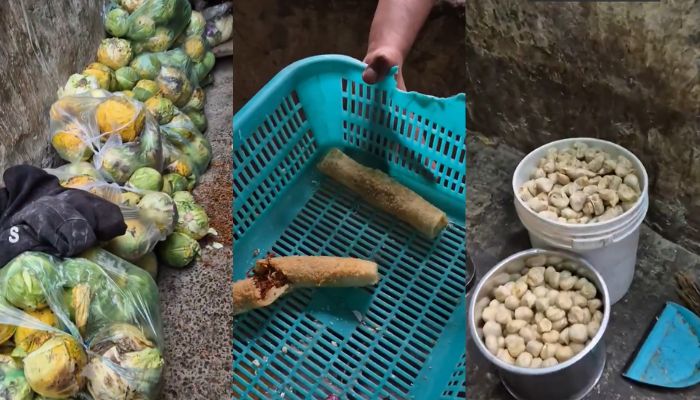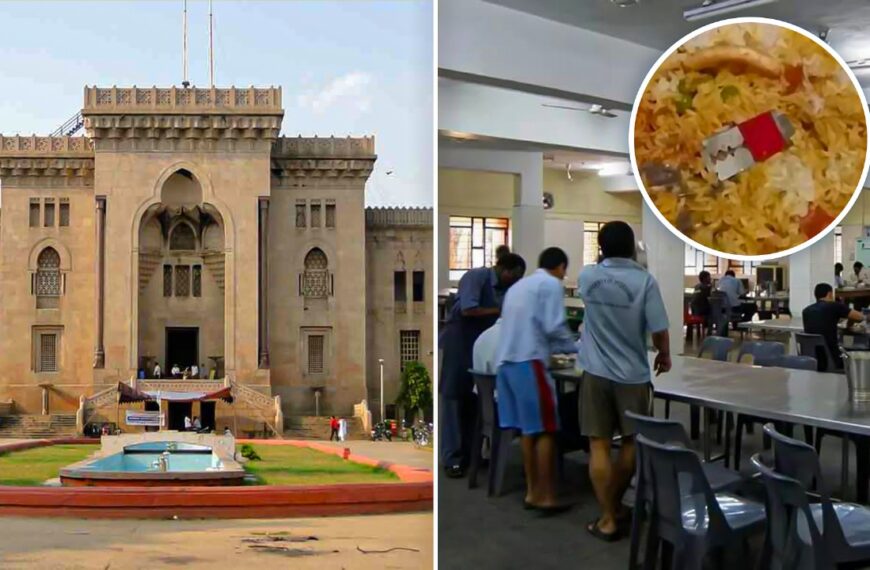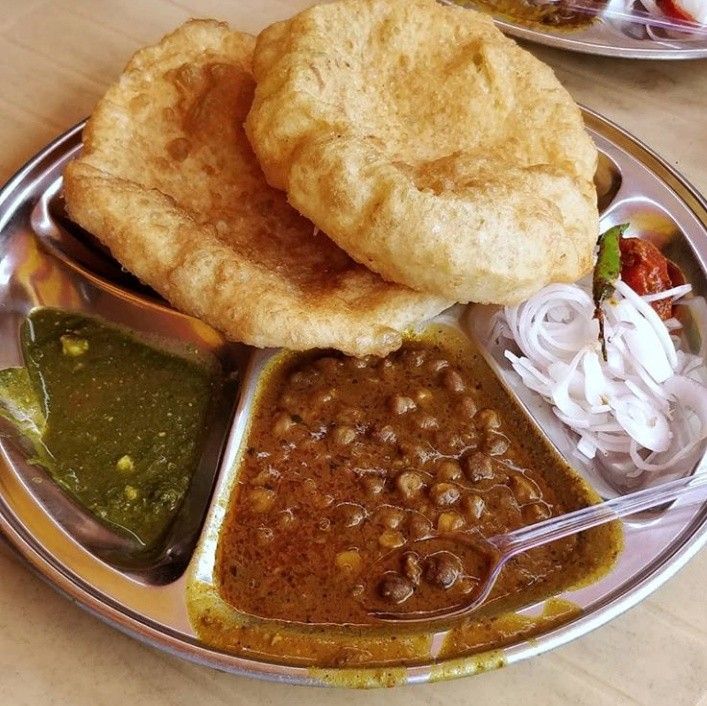New Delhi, March 20, 2025
The unhygienic momo factory in Punjab has sparked outrage after a shocking raid revealed appalling food safety violations.
In This Article
Health authorities within the Mohali district of Punjab discovered incredibly unclean practices at a facility which produced sizable quantities of momos and spring rolls during a shocking inspection. Discovery of a severed animal head suspected to be from a dog were found within the Matour Momo Factory facility where officials mounted controversy and media exposure. Food safety and public health concerns spread through the region as a result of this discovery.

Background and Initiation of the Raid
For months, residents of Matour had been complaining about foul odors emanating from the area and suspected that illegal activities were taking place in the food manufacturing unit. Complaints ranged from concerns over unhygienic practices to the suspicion of the use of non-standard meat products in food items. The health department and Municipal Corporation finally took cognizance of these reports and formed a special inspection team. The team promptly carried out a surprise inspection of the factory, which had been running secretly behind shut doors.
Horrific Findings During Inspection of Unhygienic Momo Factory
Experienced officials joined the inspection team to face disturbing premises conditions that exceeded all their expectations:
- Vegetables stored inside the bathroom: First the bathroom contained vast amounts of vegetables placed dangerously close to sinks and toilets which led to serious contamination hazards.
- Decomposed frozen chicken: Nearly 60 kilograms of foul-smelling and decomposed chicken were seized. This chicken was reportedly procured from local suppliers who worked closely with the factory.
- The severed animal head in the refrigerator: The most disturbing discovery was a severed animal head found inside a freezer. Preliminary suspicion suggests it may have belonged to a dog or a pug, which has caused widespread panic and revulsion.
- Rotting ingredients and unhygienic storage: Inadequate storage practices together with spoiled ingredients marked the kitchen where unclean food storage options and spoiled ingredients existed.
Pictures and videos from the raid’s scene showed the unclean setup along with decomposing food items and the severed animal part that accelerated public condemnation and alarm. Users of social media platforms posted numerous messages which displayed their shock and disgust while requesting strict enforcement.
Factory Operations and Distribution
According to officials the operation lasted for longer than two years while creating momos as well as spring rolls and various other fast food products at massive production levels. The factory supplied its products daily to multiple markets in Chandigarh, Panchkula, Kalka, and other neighboring regions. Shockingly, the factory was distributing more than one quintal (100 kilograms) of food items every day to street vendors and local restaurants. The discovery prompted severe healthcare and safety concerns because thousands of consumers have potentially eaten products distributed by this factory.
Official Response and Clarifications
The growing fear and speculation forced the Deputy Commissioner of Mohali, Komal Mittal, to hold an urgent press conference. She addressed the public concerns and stated:
“Preliminary investigations do not confirm the use of dog meat in the food products. The severed head found on the premises has been sent for laboratory testing. The animal husbandry department experts will determine the species and confirm whether dog meat was indeed being used.”
The official clarification did not mitigate public distress because images from the raid strongly perturbed the general populace who became more concerned about dietary safety throughout Punjab and adjacent regions.Authorities have appealed to the public not to spread unverified rumors until the laboratory reports confirm the facts.
Legal Actions Taken
The health department and Municipal Corporation did not waste time in taking strict legal action against the factory owner. The penalties imposed included:
- A fine of ₹12,000 for illegal slaughtering activities.
- An additional penalty of ₹10,000 for using banned plastic bags and unsanitary packaging materials.
- Registration of an FIR under Sections 272 (adulteration of food or drink intended for sale) and 274 (sale of noxious food or drink) of the Bharatiya Nyaya Sanhita (BNS).
The police department will take further steps according to laboratory test outcomes along with information gathered through their ongoing probe.
Further Investigation and Meat Analysis
The authorities have sent multiple samples to the state laboratory for detailed analysis. These include samples of:
- Frozen meat
- Momos
- Spring rolls
- Cooking sauces
- Packaged spices
The animal husbandry department and veterinary teams are working closely with the health department to ensure that accurate species identification is made. The analysis will help determine whether any illegal or harmful meat products were being used in food preparation.
Public Health and Safety Measures
A shocking inspection result has compelled the health department to enhance its food safety checks throughout the entire region. The implementation of special inspection teams occurs simultaneously with food safety reviews across the region.
- Street food vendors
- Local eateries and restaurants
- Cold storage units
- Food manufacturing factories
Municipal official Parminder Pal Singh issued instructions to initiate swift responses against improper and dirty street vending operations together with non-permitted food carts. People operating unauthorized slaughter facilities will receive extreme consequences that may lead to shutdowns and criminal court action.
Public Outrage and Social Media Reactions
Social media users began an unparalleled social media fire after this discovery came to light. Social media users across India use platforms Twitter Instagram and Facebook to spread the #MomoScandal hashtag and its related hashtags #DogMeatFear and #FoodSafetyCrisis. Many people have expressed their personal feelings through social media about how regular consumption items could come from such revolting animal treatment facilities.
Businesses operated by street vendors in Mohali and its neighboring areas have seen substantial revenue reduction because customers now show heightened caution. The distributed videos and pictures of the raid operation have triggered massive fear together with outrage among public viewers.
Food service business owners in the area experience the pressure because their customers now ask to see documentation about ingredient origins and hygiene accreditation records. Consumer protection groups highly prioritize the implementation of rigorous food safety regulations and consistent inspections for which they address directly to government authorities.
Impact on Local Businesses
The ripple effects of this incident have been felt across the street food industry in Mohali and neighboring districts. Several vendors have shut their stalls temporarily due to the drop in sales and growing public distrust. Restaurants search for official certifications to prove the security of their food to their dining customers.
Local authorities are urging consumers to verify the sources of food products and only consume food from licensed and verified vendors. Health awareness efforts focus on educational initiatives at schools together with residential communities to inform people about appropriate food hygiene standards and unsafe practices linked to unapproved street food.
Conclusion and the Road Ahead
The horrifying incident in Mohali demonstrates it is time for India to enhance both food safety standards and routine inspections of fast food and street food establishments across the country. According to ongoing investigative notices, people living in the area must refrain from consuming momos as well as spring rolls and fast food items from non-verified sources.
Authorized officials have promised to punish offenders strictly while vowing to enhance monitoring systems to prevent future occurrences of such terrible incidents. The public needs to stay alert by identifying shady food sellers and expect business enterprises to take responsibility for their products.
This case illustrates how dangerous risks exist in well-known street food which proves the necessity for enhanced supervision and public education about responsible food consumption.
















